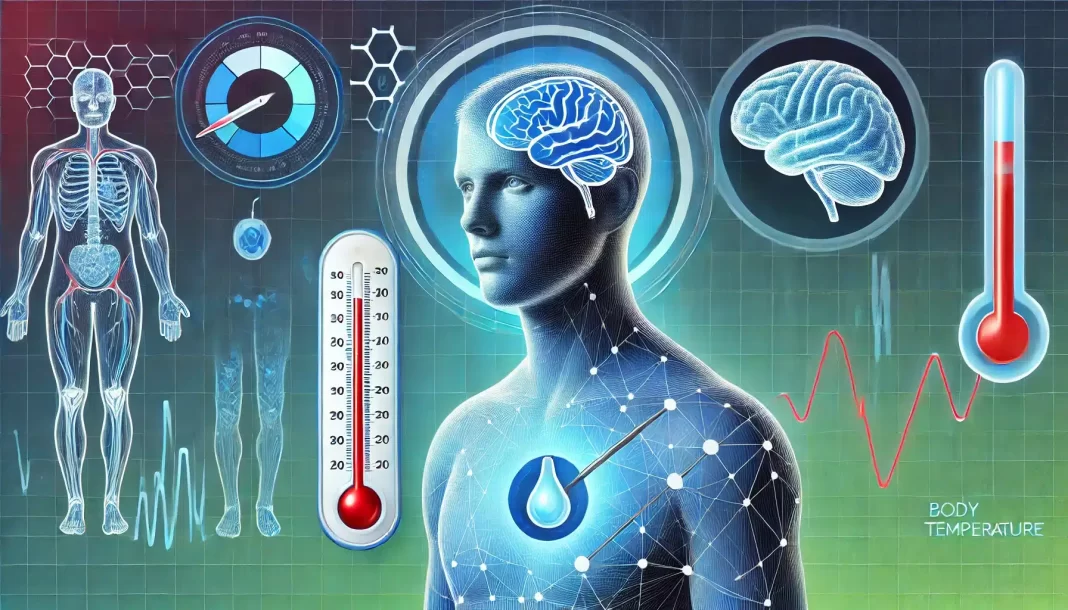A new study finds a surprising link between depression and body temperature regulation, suggesting potential new diagnostic and treatment methods for this mental health condition.
A new study has uncovered a connection between depression and body temperature regulation. Researchers found that individuals with depression often exhibit altered the temperature patterns, suggesting a potential biomarker for the condition. This discovery could lead to new approaches in diagnosing and treating depression by targeting the body’s thermoregulatory processes.
Depression and Body Temperature: Uncovering the Connection
Introduction to the Study
A recent study has revealed a surprising link between depression and temperature regulation. This finding suggests that body temperature patterns could serve as a biomarker for depression, offering new insights into its diagnosis and treatment.
Key Findings
Researchers observed that individuals with depression often have altered body temperature rhythms. These changes in temperature regulation might be indicative of underlying physiological processes associated with the mental health condition.
Implications for Diagnosis and Treatment
The study’s findings could pave the way for novel diagnostic methods and therapeutic strategies targeting the body’s thermoregulatory system. By understanding how depression affects our own temperature, healthcare providers may develop more effective treatments.
Why This Is Important
Identifying new biomarkers for depression is crucial for improving diagnosis and treatment. The link between body temperature and depression provides a potential pathway for innovative approaches to managing this common mental health disorder.
Possible Implications
- New Diagnostic Tools: Development of methods to detect depression based on body temperature patterns.
- Targeted Treatments: Creation of therapies that address the thermoregulatory changes associated with depression.
- Further Research: Increased focus on the relationship between mental health and physiological processes.
What to Follow
- Clinical Applications: Implementation of temperature-based diagnostic tools and treatments in clinical settings.
- Research Developments: Ongoing studies exploring the connection between body temperature and mental health.
- Patient Outcomes: Reports on the effectiveness of new diagnostic and therapeutic approaches.
Conclusion
The discovery of a link between depression and our own temperature regulation opens new avenues for diagnosing and treating the condition. Further research and clinical applications could significantly enhance mental health care.
Source: ScienceAlert, The study





